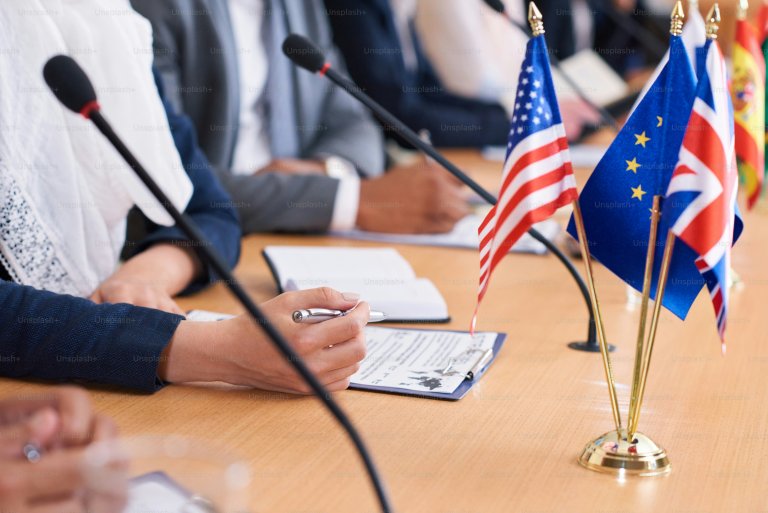While They Focus on Window Dressing Politicians and Retailers Are Still in Denial
As the world grapples with the ongoing COVID-19 pandemic and its economic fallout, politicians and retailers seem to be more concerned with appearances rather than addressing the harsh realities faced by their constituents and businesses. While they focus on window dressing and PR tactics, the issues at hand continue to go unaddressed, leaving many to suffer and struggle. Let’s delve deeper into this issue and explore why this trend is both concerning and dangerous for our society.
Lack of Real Solutions
One of the main reasons why politicians and retailers are still in denial is because they lack real solutions to the problems at hand. Instead of actively working towards finding ways to revive the economy and support those in need, they resort to superficial measures that do little to address the root causes of the issue. This can be seen in the case of many governments, who have prioritized creating glossy campaigns to promote their response to the pandemic instead of implementing effective policies and strategies.
Similarly, retailers have also fallen victim to this trend, often focusing on aesthetics to attract customers instead of addressing the underlying issues. For example, in the aftermath of the pandemic, many retailers have turned to attractive store layouts and creative marketing tactics to lure customers back instead of focusing on improving the overall shopping experience and addressing concerns such as safety and affordability.
Ignoring the Magnitude of the Problem
By engaging in window dressing tactics, politicians and retailers are essentially denying the magnitude of the issues at hand. For instance, instead of acknowledging the severity of the economic crisis caused by the pandemic, governments often downplay the situation and paint a more positive picture to boost public morale. This can lead to a false sense of security, leaving the most vulnerable communities and businesses to suffer in silence.
Similarly, retailers often ignore the fact that many people are struggling to make ends meet and prioritize their own profits over the needs of their customers. By focusing on superficial factors such as store aesthetics, they fail to address the fact that many people cannot afford to shop in the first place. This further perpetuates the cycle of economic inequality and leaves many marginalized communities behind.
Diverting Attention from Real Issues
Window dressing tactics are also used as a distraction by both politicians and retailers to divert attention from the real issues and problems faced by society. By showcasing superficial improvements and progress, they hope to steer public focus away from pressing matters that need to be addressed. This can be seen in the case of politicians who often engage in PR stunts or diversionary tactics to cover up their lack of actions and policies.
Similarly, retailers use flashy marketing campaigns and elaborate storefronts to create a façade of success and progress, while ignoring the fact that many of their customers are facing financial difficulties and cannot afford to shop at their stores. This not only distracts from the real issues of affordability and accessibility but also promotes an unsustainable consumerist culture.
The Impact on Society
The focus on window dressing by politicians and retailers can have severe consequences for society as a whole. By failing to address the root causes of issues such as economic inequality and affordability, they perpetuate the cycle of poverty and hinder progress towards a more equal and just society. This can lead to further social and economic divides, creating a society where the gap between the rich and the poor continues to widen.
Moreover, the constant need to maintain and promote a positive image through window dressing tactics can also lead to a lack of transparency and accountability. This can erode public trust in both politicians and retailers, making it even harder to address societal issues in the long run.
In Conclusion
The focus on window dressing by politicians and retailers is not only concerning but also dangerous for our society. It perpetuates a cycle of inaction, denial, and diversion that can have severe consequences for our communities and businesses. Instead of prioritizing appearances, it is important for both politicians and retailers to address the real issues at hand and work towards real and sustainable solutions. Only then can we truly move forward and create a better future for all.


